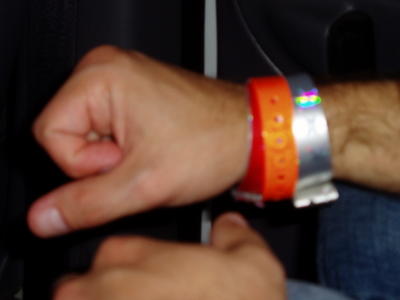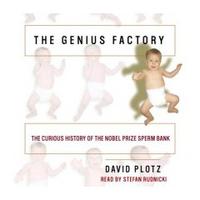The Jane Austen Book Club

It's rare that I like books that someone else recommends or really likes. The Time Traveler's Wife was a rare exception. I have strange taste in fiction and generally like my books sad and morose with uber flawed characters that can't see their way out of their troubles. So I'm actually surprised myself that I read The Jane Austen Book Club only because it was listed as one of the best books of 2004 by the New York Times. I don't even have any special interest in the topic of Jane Austen except the fact that Clueless is a modern Emma. Man, I loved that movie. "What are you wearing?" "A dress." "Says who?" "Calvin Klein". Jane couldn't have said it better herself if she was Alicia Silverstone.
The book chronicles a set of women and one man as they periodically meet at each other's homes to discuss the novels of Jane Austen. Each chapter is dedicated to a book and a member of the club drawing similarities between the two through present day trials and flashback tribulations. So we learn about each of the characters via the book they are reading. Works in theory. And while it was all very interesting (again, in theory), I didn't see the connection between the characters at any time beyond relational. I essentially got to meet a few people but I never really cared about any of them. And then, the worse thing happened - it all ended happily. For everyone nonetheless! Happy endings bore me. It seems to me that one never earns their happy ending, it just befalls you.
Kay Fowler's writing style didn't really mesh with my reading style and so most of the time I found myself playing with the irony of northshore women cheekily reading this book for their own book club. Or, drifting off trying to imagine who would play whom in the movie version. And for that matter, why no female actress powerhouse (say, Susan Sarandon or Reese Witherspoon) has optioned the movie because "there just aren't a lot of good roles for women in Hollywood." And what a tour de femme it would be - like Steel Magnolias set in a book store.


